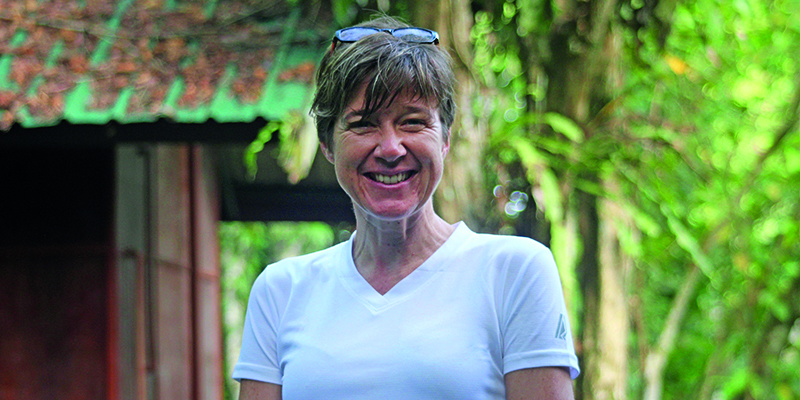Search
Showing results for "early life"
Research
Composition of early life leukocyte populations in preterm infants with and without late-onset sepsisComposition of leukocyte populations in the first month of life remains incompletely characterised, particularly in preterm infants who go on to develop late-onset sepsis (LOS). The aim of the study was to characterise and compare leukocyte populations in preterm infants with and without LOS during the first month of life.
Research
Understanding how viral infection in early life impacts on lung function in adulthoodAlexander David Deborah Larcombe Martino Strickland BScEnv (Hons) PhD BSc PhD PhD Honorary Research Fellow Head, Chronic Diseases Research Head,
Research
Establishing nutritional protective and risk factors for allergy in early lifeValerie Verhasselt MD, PhD Head, Immunology and Breastfeeding 0402997617 Valerie.verhasselt@thekids.org.au Head, Immunology and Breastfeeding @
Research
Factors Predicting Secondary Respiratory Morbidity Following Early-Life Respiratory Syncytial Virus Infections: Population-Based Cohort StudyThe association between early-life respiratory syncytial virus infections and later respiratory morbidity is well established. However, there is limited evidence on factors that influence this risk. We examined sociodemographic and perinatal factors associated with later childhood respiratory morbidity requiring secondary care following exposure to a laboratory-confirmed RSV episode in the first 2 years.
Research
An exposome perspective: Early-life events and immune development in a changing worldHere we review the historical origins of exposome research and define a new concept, the metaexposome

News & Events
Bill & Melinda Gates Foundation Grant aims to prevent deadly infections in early lifeNewborn babies and their fragile immune systems struggle to fight off nasty infections such as septicaemia, pneumonia and gastroenteritis.
Research
Can lung disease be averted by focusing on early-life inequities?Shannon Simpson BMedSci (hons), PhD Head, Strong Beginnings Research, Co-head Foundations of Lung Disease 08 6319 1631 Shannon.simpson@thekids.org.au
Research
Measures of Early-life Behavior and Later Psychopathology in the LifeCycle Project-EU Child Cohort Network: A Cohort DescriptionThe EU LifeCycle Project was launched in 2017 to combine, harmonize, and analyze data from more than 250,000 participants across Europe and Australia, involving cohorts participating in the EU-funded LifeCycle Project. The purpose of this cohort description is to provide a detailed overview of the major measures within mental health domains that are available in 17 European and Australian cohorts participating in the LifeCycle Project.
Research
Higher ultraviolet radiation during early life is associated with lower risk of childhood type 1 diabetes among boysPopulation-level ecological studies show type 1 diabetes incidence is inversely correlated with ambient ultraviolet radiation (UVR) levels. We conducted a nested case–control study using administrative datasets to test this association at the individual level.
Research
In utero exposure to low dose arsenic via drinking water impairs early life lung mechanics in miceAll alterations to lung mechanics following in utero arsenic exposure were recovered by adulthood.
